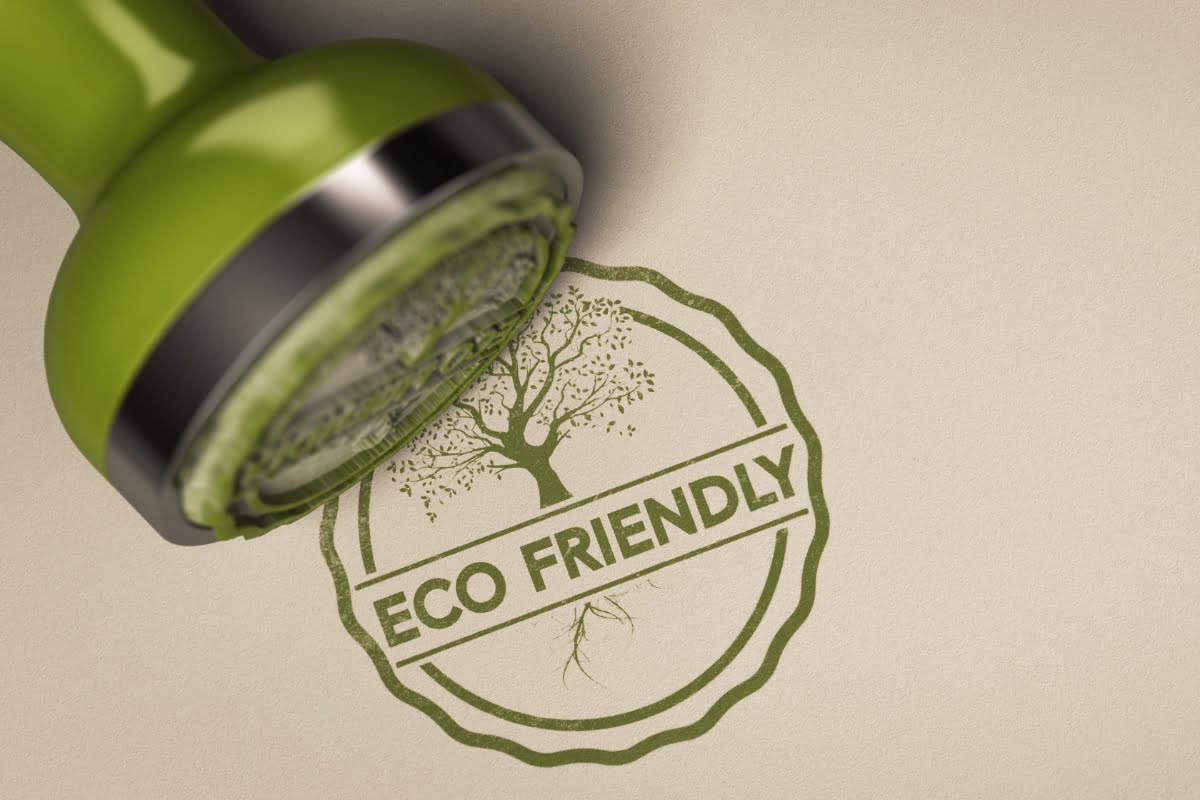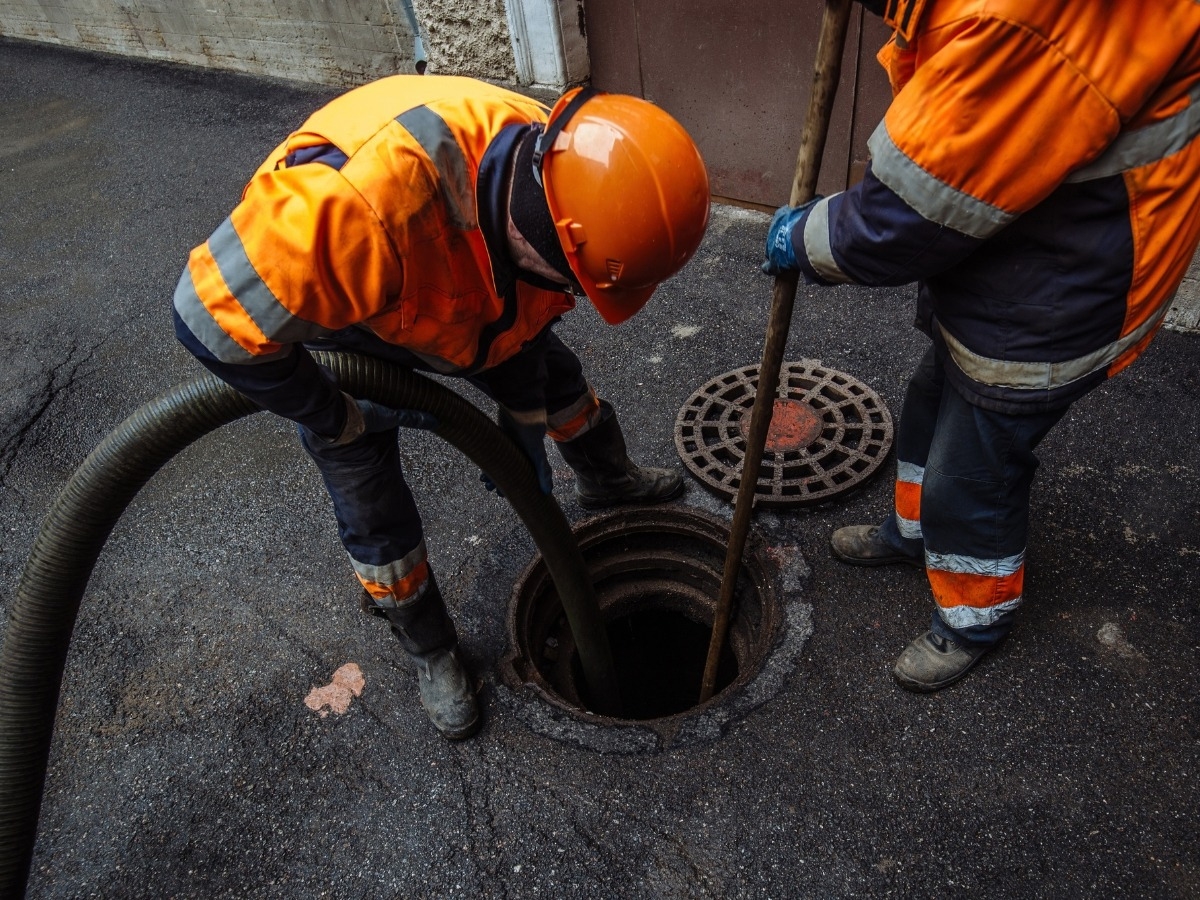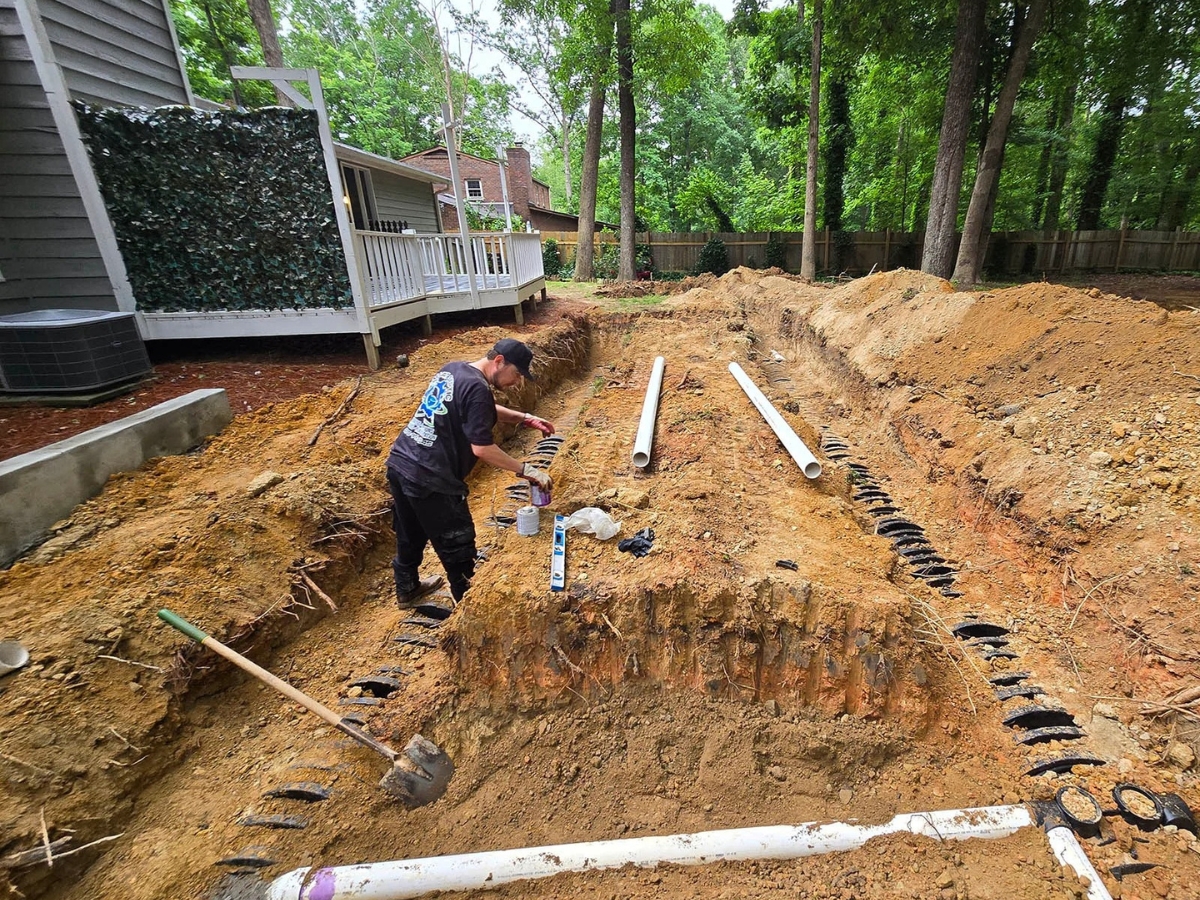Imagine a future where waste management no longer harms the delicate balance of our ecosystem, but instead, works in harmony with it. Eco friendly septic systems are paving the way towards this vision, offering a revolutionary approach to waste disposal that promises a greener future for generations to come.
In today’s world, where environmental concerns are at the forefront of global discussions, finding sustainable solutions to everyday challenges has become more important than ever. One such challenge that has long plagued our communities is waste management. Traditional septic systems have been the go-to option for disposing of household waste, but their impact on the environment has left much to be desired. But then again, there is a glimmer of hope on the horizon – eco friendly septic systems.
Say Goodbye To Waste Worries!
The Environmental Impact Of Traditional Septic Systems
Traditional septic vs sewer systems have long been the go-to method for waste management in residential areas. However, their impact on the environment is often overlooked. Here are some key factors to consider when it comes to the environmental impact of traditional septic vs sewer systems:
- Groundwater Contamination: One of the biggest concerns with traditional septic systems is the potential for groundwater contamination. When wastewater is released into the drain field, it can carry harmful bacteria, viruses, and chemicals that can seep into the groundwater supply. This can pose serious health risks for both humans and wildlife.
- Nutrient Pollution: Another environmental issue associated with traditional septic systems is nutrient pollution. When excess nitrogen and phosphorus from wastewater enter nearby water bodies, they can cause harmful algal blooms. These blooms can deplete oxygen levels in the water, leading to fish kills and other negative impacts on aquatic ecosystems.
- Soil Degradation: The constant flow of wastewater from traditional septic systems can also lead to soil degradation. The high concentration of organic matter and chemicals can alter the soil’s pH levels and nutrient balance, making it less fertile and inhibiting plant growth. This can have a cascading effect on the entire ecosystem.
- Energy Consumption: Traditional septic systems require a significant amount of energy for operation. From the pumping of wastewater to the treatment process, energy is consumed at every step. This contributes to greenhouse gas emissions and further exacerbates the environmental impact.
- Maintenance and Repair: Traditional septic systems also require regular maintenance and repair. This often involves the use of heavy machinery and the disposal of waste materials, which can have additional environmental implications.
With these environmental concerns in mind, it’s important to explore alternative and eco friendly septic system options. Eco friendly septic systems aim to minimize the environmental impact by utilizing innovative technologies and sustainable practices.
Understanding Eco Friendly Septic Systems: How Do They Work?
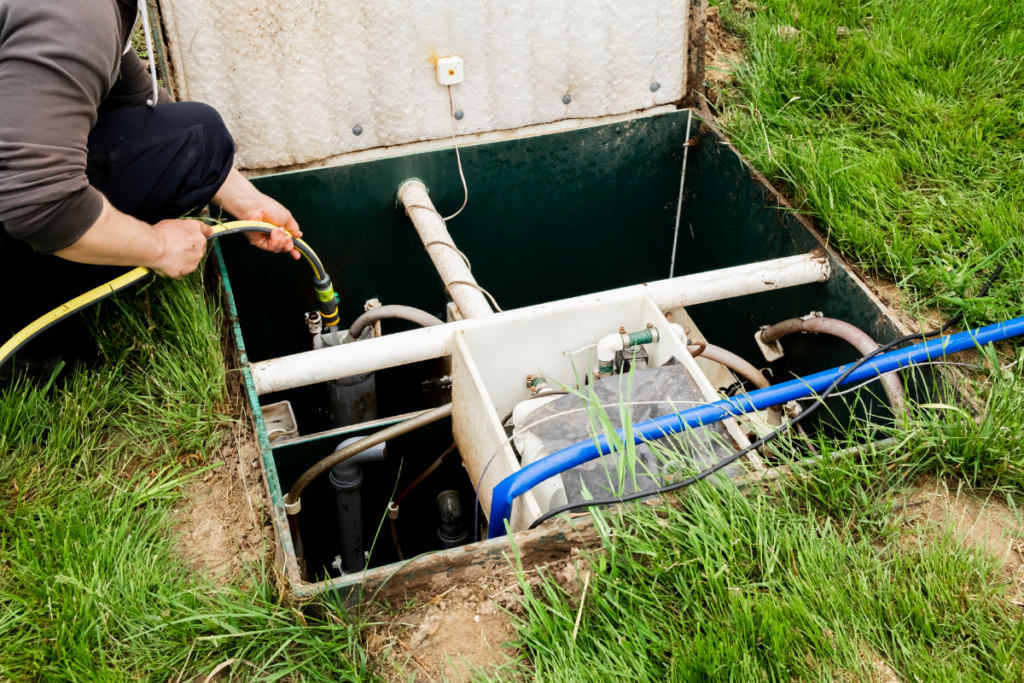
Eco-friendly septic systems have gained popularity in recent years, especially in rural areas, as people become more conscious of their environmental impact. These innovative systems revolutionize waste management by using advanced technologies to minimize pollution and maximize efficiency. But how exactly do these rural septic systems work? Let’s delve into the details.
- Enhanced Treatment Processes: Eco friendly septic systems employ enhanced treatment processes to treat wastewater effectively. These processes include sedimentation, filtration, and biological decomposition. In some systems, additional steps like ultraviolet disinfection or chemical treatment may be incorporated for further purification.
- Septic Tank: A key component of eco friendly septic systems is the septic tank. It serves as the primary treatment unit where solids settle to the bottom, forming a layer of sludge. The remaining liquid, known as effluent, flows into the next stage of treatment.
- Anaerobic Digestion: After leaving the septic tank, the effluent enters an anaerobic digestion chamber. Here, bacteria break down organic matter present in the wastewater in the absence of oxygen. This process produces biogas, which can be harnessed as a renewable energy source.
- Advanced Filtration:
To further purify the effluent, eco friendly septic systems incorporate advanced filtration methods. These can include sand filters, constructed wetlands, or biofilters. These filtration systems remove any remaining impurities, including harmful bacteria and nutrients, before the treated water is released into the environment. - Reuse and Recycling: Some eco friendly septic systems promote the reuse and recycling of wastewater. Treated water can be repurposed for irrigation or other non-potable uses, reducing the demand for freshwater resources. This sustainable approach helps conserve water and reduces strain on traditional water supplies.
- Monitoring and Maintenance: Regular septic tank monitoring and maintenance are crucial for the proper functioning of eco friendly septic systems. Homeowners should schedule routine inspections to ensure that the system is working efficiently and address any potential issues promptly. Following recommended maintenance practices, such as regular pumping of the septic tank, is essential for the longevity and effectiveness of the system.
Eco-friendly septic systems, such as Aerobic Septic Systems, utilize advanced treatment processes to effectively treat wastewater. Regular monitoring and maintenance are also essential for their proper functioning. Overall, eco-friendly septic systems play a vital role in revolutionizing waste management for a greener future.
Benefits Of Eco Friendly Septic Systems For The Environment
As people become increasingly aware of the environmental impact of traditional septic systems, there is a growing interest in eco friendly alternatives. These innovative systems are changing the game when it comes to waste management, offering numerous benefits for the environment. Here are some key advantages of eco friendly septic systems:
- Reduced Pollution: Unlike traditional septic systems that rely on chemical treatments and leaching fields, eco friendly systems utilize advanced technologies to minimize pollution. They employ natural processes like aerobic digestion, which breaks down waste more effectively and reduces the release of harmful substances into the environment. By promoting the growth of beneficial bacteria and microorganisms, these systems ensure that the waste is efficiently treated before being discharged.
- Water Conservation: Another significant advantage of eco friendly septic systems is their ability to conserve water. Traditional systems often require excessive amounts of water for flushing and maintenance, leading to unnecessary water waste. In contrast, eco friendly systems employ water-efficient designs and technologies that optimize water usage. Some systems even incorporate water recycling and reuse mechanisms, further reducing the strain on freshwater resources.
- Enhanced Nutrient Management: Traditional septic systems often struggle with nutrient management, resulting in the release of excess nitrogen and phosphorus into surrounding water bodies. These nutrients can contribute to water pollution and harmful algal blooms. Eco friendly septic systems address this issue by implementing advanced filtration and nutrient removal processes. By removing these harmful substances from the wastewater, these systems protect water quality and promote a healthier ecosystem.
- Energy Efficiency: Eco friendly septic systems prioritize energy efficiency, reducing the overall carbon footprint of waste management. They incorporate energy-saving components and technologies such as efficient pumps, timers, and sensors to optimize energy consumption. Additionally, some systems utilize renewable energy sources like solar power to power their operations, further reducing reliance on fossil fuels.
- Long-Term Cost Savings: While the initial investment in an eco friendly septic system may be higher than a traditional system, the long-term cost savings make it a worthwhile choice. These systems require less maintenance, fewer chemical treatments, and have a longer lifespan. Moreover, some municipalities offer incentives and rebates for installing eco friendly systems, making them even more financially attractive.
As the need for sustainable waste management solutions grows, eco-friendly septic systems offer a promising alternative to traditional methods. By prioritizing environmental impact, these systems revolutionize waste management and contribute to a greener future for generations to come. Moreover, eco-friendly septic systems can potentially reduce septic system expenses in the long run, making them a cost-effective and environmentally conscious choice.
Biological Filtration: Nature's Impact on Eco Friendly Septic Systems
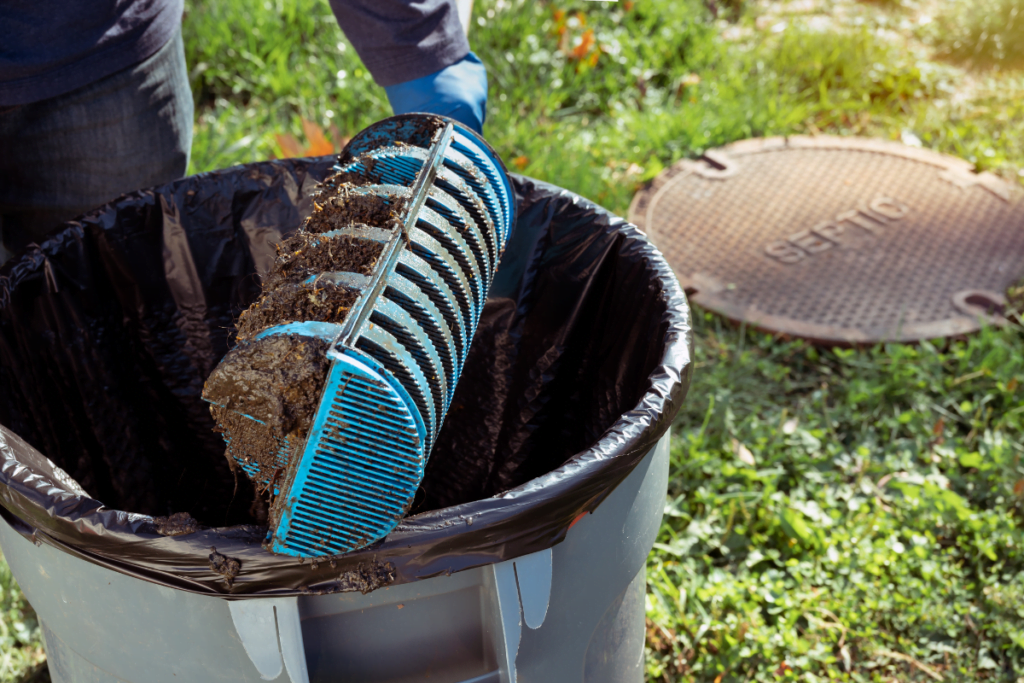
Eco friendly septic systems are revolutionizing waste management, offering a greener and more sustainable solution for handling wastewater. These innovative systems harness the power of nature through biological filtration, providing an environmentally conscious alternative to traditional septic systems.
Here are some ways in which biological filtration is utilized in eco friendly septic systems:
- Bacteria-Based Treatment: Eco friendly septic systems employ the use of naturally occurring bacteria to break down and treat wastewater. These bacteria, known as aerobic bacteria, thrive in oxygen-rich environments and are highly effective in decomposing organic matter present in wastewater. By utilizing this natural process, eco friendly septic systems minimize the need for harsh chemicals and artificial additives.
- Constructed Wetlands: Another method of biological filtration used in eco friendly septic systems is the incorporation of constructed wetlands. These wetlands consist of specially designed beds that are filled with various plants and beneficial bacteria. As wastewater passes through the bed, it is naturally filtered and purified by the plants and bacteria. Constructed wetlands not only provide effective biological filtration but also serve as beautiful and ecologically diverse habitats.
- Soil Absorption: Eco friendly septic systems often rely on soil absorption as a means of biological filtration. In this process, treated wastewater is dispersed into the soil, where it undergoes further purification. The soil acts as a natural filter, removing any remaining impurities and contaminants. This method not only helps to reduce the environmental impact of wastewater disposal but also benefits the soil by replenishing nutrients.
- Nutrient Removal: One of the key advantages of biological filtration in eco friendly septic systems is its ability to remove excess nutrients from wastewater. Excessive levels of nutrients, such as nitrogen and phosphorus, can have detrimental effects on water bodies, leading to harmful algal blooms and degraded ecosystems. Through biological filtration, these nutrients are efficiently processed and removed, preventing pollution and promoting water quality.
- Low Maintenance and Cost-Effective: Eco friendly septic systems that utilize biological filtration are often low maintenance and cost-effective. The natural processes involved require minimal intervention, reducing the need for frequent pumping or chemical treatments. Additionally, these systems typically have a longer lifespan than traditional septic systems, resulting in long-term cost savings for homeowners and businesses.
Harnessing the power of nature through biological filtration is a key component of eco friendly septic systems. By utilizing bacteria-based treatment, constructed wetlands, soil absorption, and nutrient removal processes, these systems provide a sustainable and environmentally conscious solution for waste management. With their low maintenance requirements and cost-effectiveness, eco friendly septic systems are paving the way for a greener future in wastewater management.
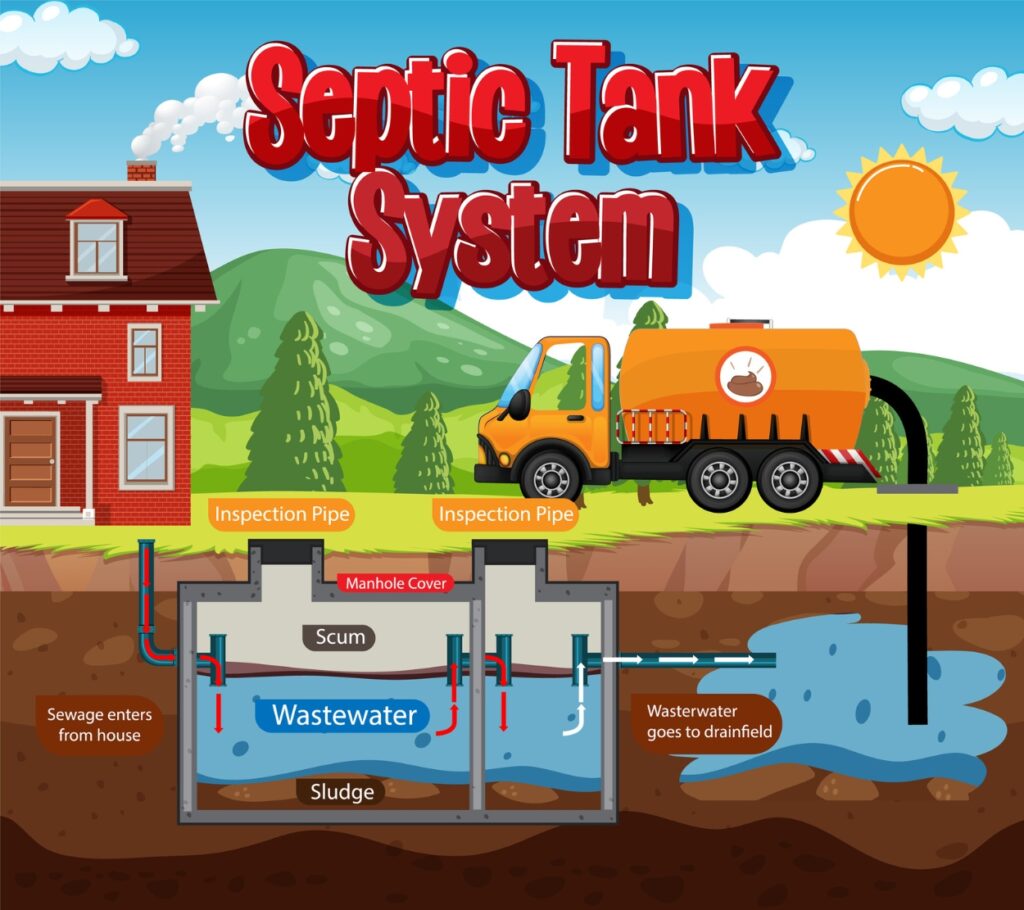
Eco Friendly Materials: Minimizing Environmental Footprint In Septic Systems
When it comes to waste management, septic systems play a crucial role in ensuring proper disposal and treatment of sewage. However, traditional septic systems can have a significant environmental impact due to the materials used in their construction and maintenance. Fortunately, eco-friendly materials are revolutionizing the way we approach septic systems, minimizing their environmental footprint. In this article, we will explore the use of these materials and their benefits in creating greener and more sustainable waste management solutions.
- Recycled Concrete Tanks: One of the key components of a septic system is the tank, which holds and treats the wastewater. Traditional septic tanks are often made of materials such as concrete or fiberglass, which require significant energy and resources to produce. Eco friendly septic systems, on the other hand, utilize recycled concrete tanks. These tanks are made from crushed and reconstituted concrete, reducing the demand for new materials while still maintaining strength and durability.
- Biofiltration Media: To ensure the proper treatment of wastewater, septic systems rely on biofiltration processes. Traditional systems typically use materials like gravel or sand as biofiltration media. However, eco friendly septic systems employ innovative materials such as coconut coir, peat moss, or recycled glass. These materials not only provide effective filtration but also reduce the strain on natural resources.
- Natural Additives: In conventional septic systems, chemicals are often used to enhance the breakdown of solid waste and control odor. Eco friendly septic systems, on the other hand, utilize natural additives such as enzymes and bacteria cultures. These additives promote the natural decomposition of waste while minimizing the release of harmful substances into the environment. — wp:list-item –>
- Low-Flush Toilets: In addition to the materials used in the construction of septic systems, the appliances connected to these systems also play a significant role in minimizing environmental impact. Low-flush toilets, for example, are designed to use significantly less water per flush compared to traditional toilets. By reducing water consumption, these toilets help conserve water resources and decrease the overall load on septic systems.
- Rainwater Harvesting: Another eco-friendly approach to septic systems involves incorporating rainwater harvesting techniques. By collecting and utilizing rainwater for non-potable purposes such as toilet flushing or irrigation, the demand for freshwater supply is reduced. This not only conserves water but also reduces the strain on septic systems, extending their lifespan and effectiveness.
Eco-friendly materials are transforming the landscape of septic systems, allowing for more sustainable and environmentally conscious waste management practices. These innovations not only reduce resource consumption but also promote the preservation of our ecosystems for a greener future.
Go Green, Go Clean: Discover The Magic Of Eco Friendly Septic Systems!

Eco-friendly septic systems are revolutionizing waste management for a greener future. These innovative systems prioritize sustainability and environmental consciousness, offering a range of benefits. By incorporating advanced technologies and natural processes, these systems minimize the negative impact on the environment. Various types of septic systems, such as aerobic and anaerobic systems, utilize different methods to treat wastewater, ensuring efficient and eco-friendly waste management.
Now, when it comes to septic tank services, there’s no better choice than Smart Septic Pros. With our team of highly skilled professionals, we guarantee top-notch service that goes above and beyond your expectations.
Whether you need installation, repairs, maintenance, septic system soil analysis, or pumping, we’ve got you covered. Our experts have years of experience in handling a wide range of septic systems, ensuring that your needs are met with efficiency and expertise.
Don’t let septic tank issues disrupt your peace of mind and lead to unexpected septic costs. Contact Smart Septic Pros today and let us take care of all your septic needs. With our reliable and professional services, you can rest easy knowing that your septic system is in capable hands and that you’re protected from costly repairs or replacements.
Experience excellence in septic services – choose Smart Septic Pros!
